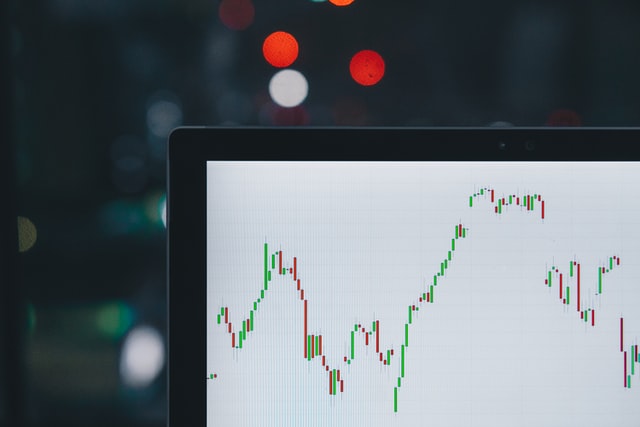Chicago, Illinois-based US service centre chain Ryerson increased its shareholder’s earnings per share to a record high during the second quarter, while also significantly reducing millions of dollars of the company’s outstanding debts.
Ryerson earned $194.4 million on sales totalling $1.74 billion during the second quarter, which is up on-year from earnings of $112.9m on sales of $1.42 billion in the same period of last year. Shipments by the company during the second quarter reached 524,000 short tons, with sales being conducted at an average selling price of $3,327/st. Year-over-year, the company’s gross profit has increased by over $100/st, up from $777/st to $889/st.
Ryerson has increased both its revenues and income considerably year-over-year in 2022, with the company’s revenue increasing by 36.1% and net income increasing by 160.5%, Kallanish notes.
“We are no longer a high-yield debt company as we redeemed all of our remaining outstanding notes, significantly reduced our cash interest expense, increased our dividend, completed our initial share repurchase authorization 14 months ahead of the two-year expiration, announced a new two year, $75m share repurchase authorization, and amended, extended and upsized our credit facility with improved pricing and terms while making important investments in growth across our service centre network,” explains ceo Eddie Lehner.
The company generated $87.4m in gains on the sales of several properties during the second quarter, including properties located in Delaware, Florida, Illinois, Kentucky, Minnesota, Missouri, Oklahoma, Pennsylvania, Tennessee, Texas, and Virginia.
“We are pleased to have effected numerous capital structure improvements which effectively complete Ryerson’s balance sheet transformation … We now have a capital structure where assets and liabilities are better aligned for growth and through-the-cycle performance,” adds Ryerson cfo Jim Claussen.
Ryerson expects its third quarter revenue to be impacted by falling nickel and steel prices, as well as slowing global economic conditions in many regions. The company’s average selling price for carbon, aluminium and nickel products fell by approximately 25% during Q2.
Zach Johnson USA






